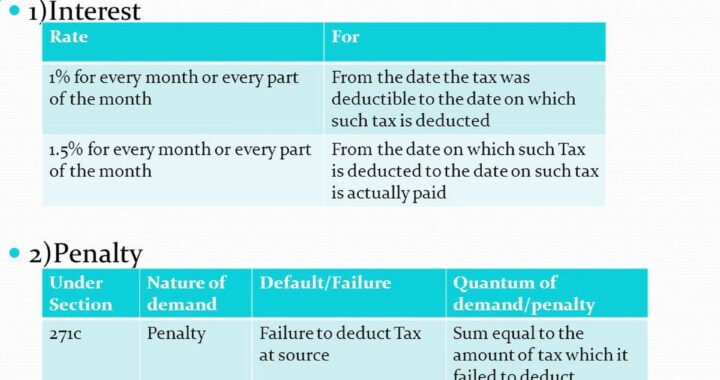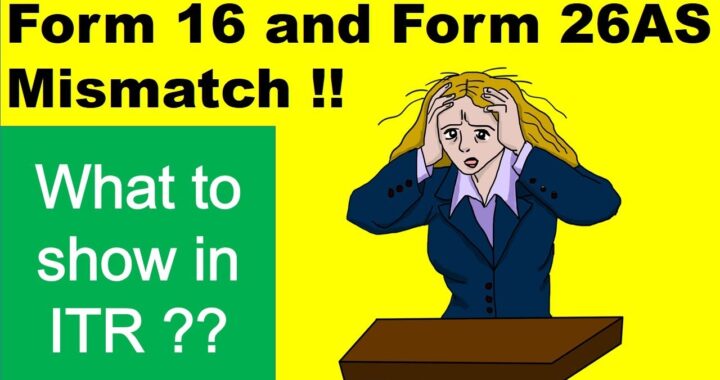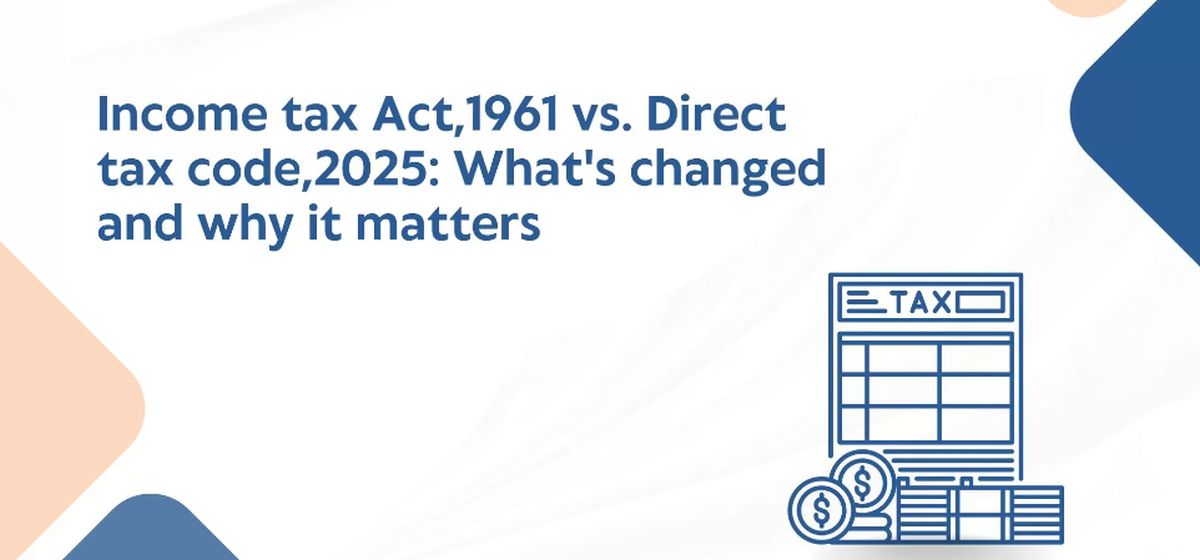All about reopening of assessment
 Reassessment is one of the vital weapons in the hands of the Income Tax Department which empowers the Assessing Officer to reassess the income, turnover etc., of an assessee which has escaped assessment. Various issues have cropped up during the reassessment proceedings some of which have been dealt with hereunder.
Reassessment is one of the vital weapons in the hands of the Income Tax Department which empowers the Assessing Officer to reassess the income, turnover etc., of an assessee which has escaped assessment. Various issues have cropped up during the reassessment proceedings some of which have been dealt with hereunder.
The provisions of section 147 of the Income Tax Act:
Section 147 of the Act empowers the Assessing Officer to reopen an assessment if he has sufficient reason to believe that an income has escaped assessment.
The words ‘has reason to believe’ appearing in section 147 are very important are and are stronger than the words ‘is satisfied’.
The section provides that if the Assessing Officer has reason to believe that any income that is chargeable to tax has escaped assessment in any financial year, he may reassess the same and also any other income chargeable to tax which may have escaped assessment and which he comes to know later on during the proceedings under this section, or re-compute the deduction allowed to the assessee for the assessment year in question.
The word “reason” refers to the cause like document, statement, etc and “belief” denotes a conclusion. The words “reason to believe” is not same as “reason to suspect” or “to form a view”.
The basis of the belief should be evident from the material placed on record that was available to the Assessing Officer at the time of recording such reason.
Judicial decisions:
The Punjab and Haryana High Court in the case of CIT vs. Smt. Paramjit Kaur, 311 ITR 38 (P&H), held that information to have “Reason to believe” should be available at the time of reopening not later on.
The Delhi High Court in the case of CIT v. Gupta Abhushan (P) Ltd., (2008) 312 ITR 166 (Del), has held that unaccounted expenses for renovation of building found during a survey in a subsequent year, cannot be considered as “reason to believe” for reopening an assessment.
The Hon’ble apex Court in the case of Esskay Engineering Co. Pvt. Limited vs. CIT, (2001) 247 ITR 818, has held that the reopening of the assessment based on finding of a new fact on the basis of fresh materials during an assessment of the following assessment year is a valid reason.
In the case of DCIT vs. Shree G. Selva Kumar, ITA No.868/Bang/2009 on 22.10.10 it was held by the Karnataka High Court that addition made solely on the basis of AIR information is not a valid reason.
In the case of Indra Co. Ltd. V. ITO (1971) 80 ITR 559 (Cal.), 305 ITR 156, it was held by the Calcutta High Court that reopening is not justified merely on the basis of a Supreme Court decision where the assessee had disclosed all facts.
In the case of CIT vs. Ramachandra Hatcheries 305 ITR 117, it was held that where revenue did not file any appeal against the order granting relief to the assessee, reopening on same issue following a Supreme Court judgment cannot be allowed.
The Karnataka High Court in the case of The Assistant Commissioner of Income Tax Versus M/s Mookambika Developers, 2015 (8) TMI 614, has held that in connection with Reopening of assessment, the two parts of Section 147 should be read independently.
Essentials of reopening of assessment:
For a valid reopening of assessment, one of the essential ingredients is ‘reason to believe’. There must also be an income which has really escaped from the assessment, there must be some new material and it should not be merely a change of opinion. Mere suspicion cannot give power to the department to reassess the income of the assessee. There are no specified procedural requirements but as laws have evolved in the past years a practice has been developed to follow natural justice during reopening.
In Hindustan Lever Limited vs. R.B. Wadkar, Asst. Commissioner of Income Tax, (2004) 268 ITR 332 (Bom.), a Division Bench of the Bombay High Court has laid down the following conditions for reopening:
1. The reasons should recorded by the Assessing Officer;
2. No deletion is allowed;
3. No additions can be allowed;
4. There must be a failure on the part of the assessee to disclose all material facts required for his assessment;
5. The reasons should be clear and should not be vague;
6. The reasons should be self explanatory;
7. The reasons must be based on evidence;

 Can an assessee pay House Rent to his parents and claim relief? Would there be any legal complications?
Can an assessee pay House Rent to his parents and claim relief? Would there be any legal complications?  Boost Your Business & Reduce Taxes: A Guide to Maximizing Benefits Under Section 80JJAA
Boost Your Business & Reduce Taxes: A Guide to Maximizing Benefits Under Section 80JJAA  What is remedy to taxpayer if the Tax deductor fails to deposit the TDS or fails to file TDS Return
What is remedy to taxpayer if the Tax deductor fails to deposit the TDS or fails to file TDS Return  What is Income Tax Liability on Income from trading in Future and Options
What is Income Tax Liability on Income from trading in Future and Options  The Importance of Filing Your Income Tax Return on Time: A Financial Must-Do
The Importance of Filing Your Income Tax Return on Time: A Financial Must-Do  Is Addition made by Assessing officer on basis of mismatch between AIR and F26AS Justified
Is Addition made by Assessing officer on basis of mismatch between AIR and F26AS Justified  Major Changes Expected in Direct Tax Code 2025 and why these matter
Major Changes Expected in Direct Tax Code 2025 and why these matter